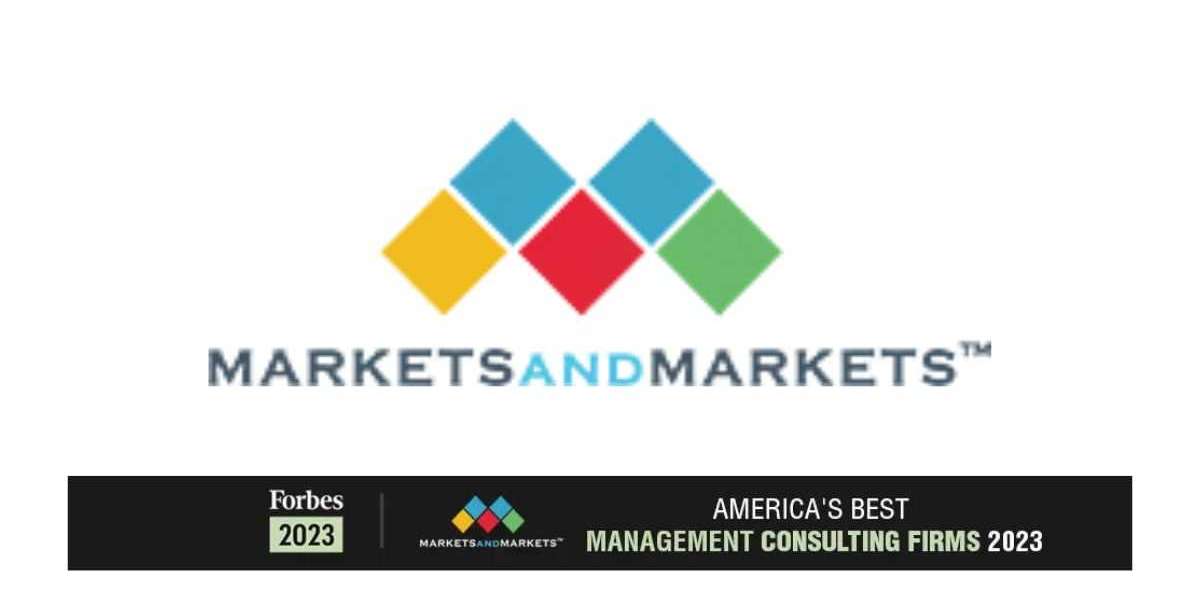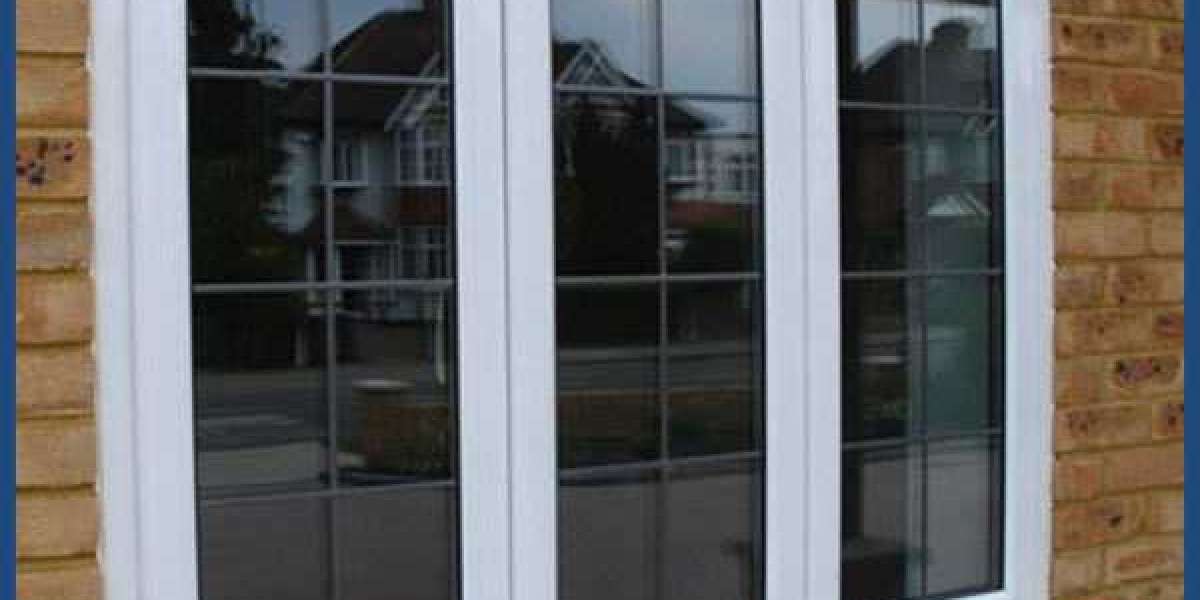A new report from MarketsandMarkets projects strong growth in the global healthcare asset management market over the next several years. The market is estimated to reach $35.19 billion by 2023, propelled by factors like the need for better asset tracking in hospitals, increasing acceptance of asset management solutions in pharmaceutical companies, and declining costs of radio-frequency identification (RFID) tags.
The healthcare asset management market covers products like RFID devices, real-time location systems (RTLS), and ultrasound and infrared tags. These technologies help healthcare organizations track equipment, patients, staff, and inventory, leading to improved efficiency and patient outcomes.
Of the product segments, RFID devices are expected to account for the largest market share in 2018. However, RTLS solutions are projected to see the fastest growth rate during the forecast period due to their higher accuracy in monitoring healthcare assets. The RFID hardware market consists of tags, readers/interrogators, antennas, and accessories. RFID tags will make up the largest portion of the RFID hardware market, thanks largely to falling tag prices and their expanding use cases.
In terms of applications, the hospital asset management segment holds the greatest market share. The equipment tracking and management sub-segment is driving much of this demand as hospitals emphasize tracking their assets across large campuses. But pharmaceutical asset management solutions are seeing rising adoption as well, especially technologies that combat counterfeit drugs and improve supply chain visibility.
Geographically, North America is the dominant regional market, followed by Europe. Key factors in North America’s leading position include growing interest in patient safety programs, high penetration of asset management solutions in hospitals, stringent regulations around drug supply chains, availability of advanced technologies, and major market participants based in the region.
While asset management technology presents new opportunities to healthcare organizations, high costs of components like RFID readers could restrain market growth. Top vendors operating in the space include AiRISTA Flow, Elpas, CenTrak, ThingMagic, Sonitor, Stanley Healthcare, Versus Technology, Zebra Technologies, GE Healthcare and IBM. These companies have made significant investments in product development, partnerships, and global expansion.
For instance, in June 2017 IBM opened four new cloud data centers to extend its presence in London, California and Sydney. Several months later Zebra Technologies announced a collaboration with GE Healthcare to introduce a Wi-Fi-enabled asset tracking system for hospitals’ mobile equipment and inventory. These and other strategic moves demonstrate vendors’ focus on innovation and meeting customers’ dynamic needs.
Healthcare facilities and pharmaceutical companies are facing increasing public scrutiny and regulatory pressures to utilize state-of-the-art technologies. Asset management solutions promise major benefits like automated compliance reporting, reduced equipment loss, optimized staff time, and improved patient outcomes. As a result, global adoption of RFID, RTLS and related systems in healthcare settings is expected to rise substantially in the years ahead.



